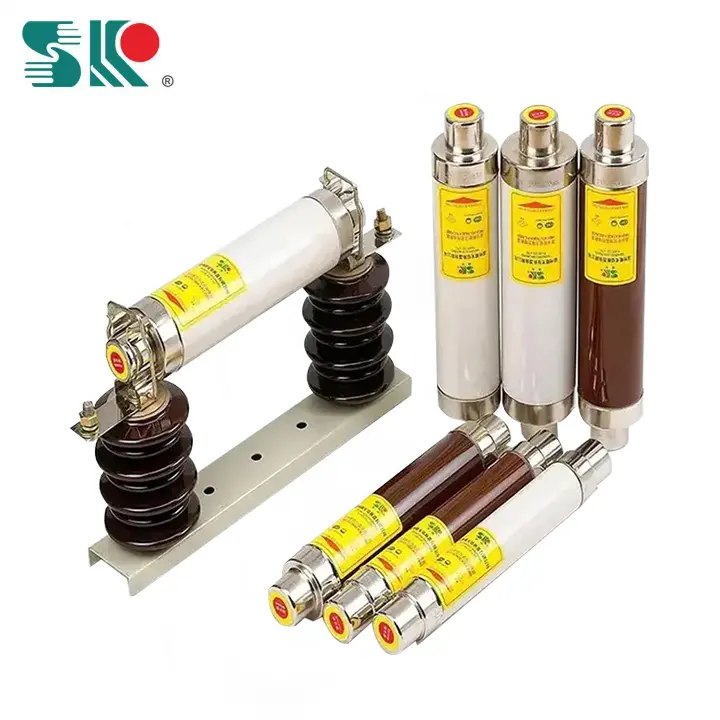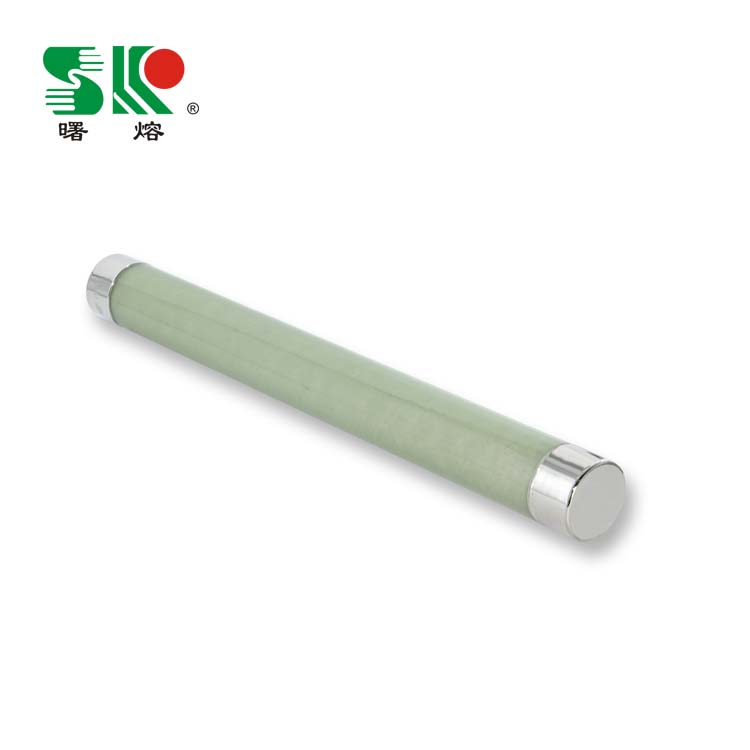Attention! Choose the correct voltage fuse to avoid damage to your power system
Using a fuse with a higher voltage rating than that of a specific circuit can cause safety hazards and damage electrical systems.
Fuses are designed to protect electrical circuits by disconnecting them when the current exceeds a certain level. The voltage rating of a fuse is an important specification that indicates the maximum voltage that the fuse can safely withstand.
If you use a fuse with a voltage higher than the recommended value:
- Reduced safety: Fuses are designed to disconnect circuits under normal operating conditions. Using a higher voltage fuse may compromise its safety features, increasing the risk of electrical fires or other safety hazards.
- Risk of arcing: A high-voltage fuse may not disconnect the circuit as effectively as a low-voltage fuse when it is required to melt. This can cause arcing, which can cause equipment damage and fire risk.
- Equipment damage: A high-voltage fuse may not provide adequate protection for connected equipment. Electrical equipment is designed to operate within a specific voltage range, and using a higher voltage fuse may damage those devices.
- Warranty voiding: Using components beyond the specified ratings will void the warranty on your electrical equipment and may result in increased repair costs.
It's crucial to adhere to the manufacturer's specifications and use the correct voltage-rated fuse for the circuit in order to ensure proper protection and prevent potential dangers. If you have concerns about your electrical system, it's advisable to consult with a qualified electrician or engineer.

















